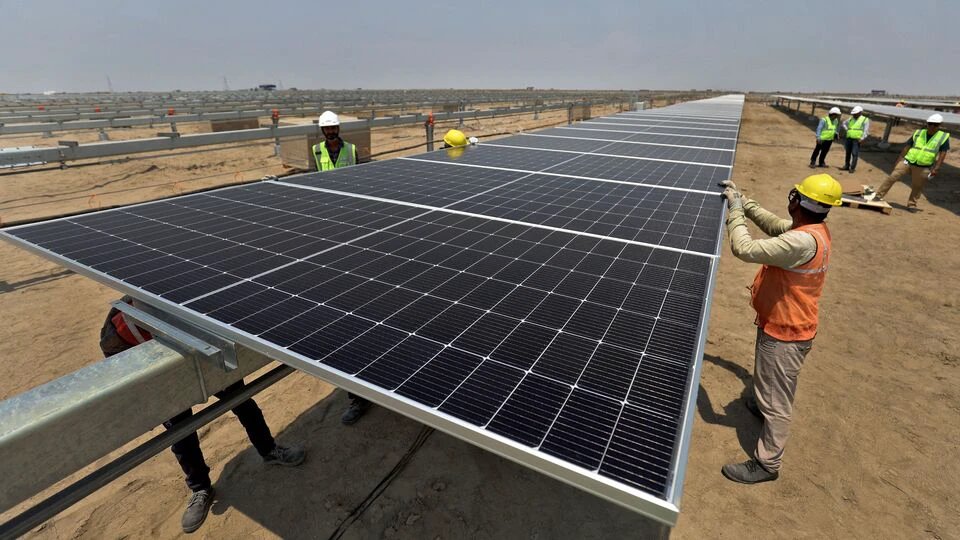GK Energy has fixed the price band for its upcoming initial public offering (IPO) at ₹145 to ₹153 per equity share of face value of ₹ 2 each.
The mainboard offer is set to hit the Indian stock market on Friday, September 19 and will remain open till Tuesday, September 23.
At the upper end of the price band, GK Energy is looking to raise ₹464 crore. The IPO is a combination of fresh issue of 2.61 crore shares amounting to ₹400 crore. Meanwhile, the offer for sale component amounts to 0.42 crore shares worth ₹64.26 crore. Gopak Rajaram Kabra and Mehul Ajit Singh are the promoter selling shareholders.
Ahead of the issue, GK Energy IPO’s anchor book will open on September 18. Meanwhile, the allotment of the issue is expected to be finalised on September 24, and the listing is likely on September 26.
The minimum lot size for an application is 98 shares, with retail investors needing an investment of ₹14,994 at the upper price band. GK Energy plans to use the funds from the fresh share sale for funding long-term working capital needs and general corporate purposes.
IIFL Capital Services and HDFC Bank are the book-running lead managers, and LinkIntime India is the registrar of the issue.
Shares of GK Energy will list on the BSE and National Stock Exchange (NSE).
About GK Energy
GK Energy is a pure-play Engineering, Procurement, and Commissioning (EPC) provider of solar-powered agricultural water pump systems, operating through two primary sales channels: direct-to-beneficiary and institutional sales.
Direct-to-beneficiary sales include: (i) EPC services for GK Energy-branded solar-powered pump systems delivered to farmers who select the company as a vendor via portals managed by agencies appointed under the Government’s Pradhan Mantri Kisan Urja Suraksha Evam Utthan Mahabhiyan (PM-KUSUM Scheme) and similar state-level programs; and (ii) EPC services for GK Energy-branded solar dual water pump systems supplied to local government bodies.
Sales to others consist of EPC services for solar-powered pump systems executed under direct orders received from institutional or private customers.
